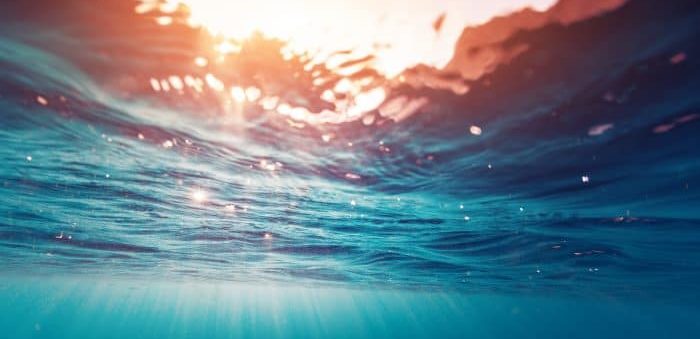The DSCC (Deep Sea Conservation Coalition) welcomed the call for a moratorium on deep-sea mining in international waters by the Long Distance Fleet Advisory Council (LDAC) of the European Union. LDAC highlighted concerns by scientists, the fishing industry and environmental organisations regarding the possible affects on fisheries, fish and other species in the oceans and loss of marine biodiversity due to deep-sea mining.
The International Seabed Authority is now in the process of developing regulations that would allow mining the international areas of the deep ocean seabed.
[smlsubform prepend=”GET THE SAFETY4SEA IN YOUR INBOX!” showname=false emailtxt=”” emailholder=”Enter your email address” showsubmit=true submittxt=”Submit” jsthanks=false thankyou=”Thank you for subscribing to our mailing list”]
Matthew Gianni, co-founder of the Deep Sea Conservation Coalition, said that the fishing industry and NGOs in Europe are concerned with EU member states and the international community regarding the prospect of deep-sea mining and its potential impacts on fisheries and the marine environment.
Scientists have warned that biodiversity loss will be inevitable and likely permanent on human timescales if the International Seabed Authority begins issuing licenses to mine the deep ocean seabed for metals such as copper, nickel, cobalt and manganese
For this reason, the LDAC suggested that no deep seabed mining in the international areas of the ocean seabed under the jurisdiction of the International Seabed Authority should be allowed until:
- The risks to the marine environment are fully assessed and understood;
- A clear case can be made deep-sea mining is necessary and not simply profitable for companies or countries that want to mine;
- International commitments to conserve and sustainably use the oceans, strengthen the resilience of marine ecosystems, and initiatives to transition to circular economies, sustainable methods of consumption and production and related efforts as called for in the UN’s Sustainable Development Goals 2030 Agenda are recognized.
The LDAC also urged the European Commission and Member States to stop funding, enabling or promoting the development of deep-sea mining and deep-sea mining technology.
In addition, Ann Dom, Deputy Director of Seas At Risk, hoped that the EU will seriously consider the call for a moratorium by the European Parliament and the fisheries sector, and to put it on the agenda of the upcoming annual session of the International Seabed Authority.
In January of this year, expressing similar worries, the UK House of Commons Environment Audit Committee released a report stating that deep-sea mining would have ‘catastrophic impacts on the seafloor’.
John Tanzer, Leader, Oceans Practice, WWF International, said regarding the moratorium:
A moratorium on seabed mining – given its inherent risks and how little is known about life on the sea floor – is just plain common sense, and particularly in light of recent global biodiversity assessments showing the planet is suffering unprecedented species loss that will have profound impacts on nature and humanity at large




























































